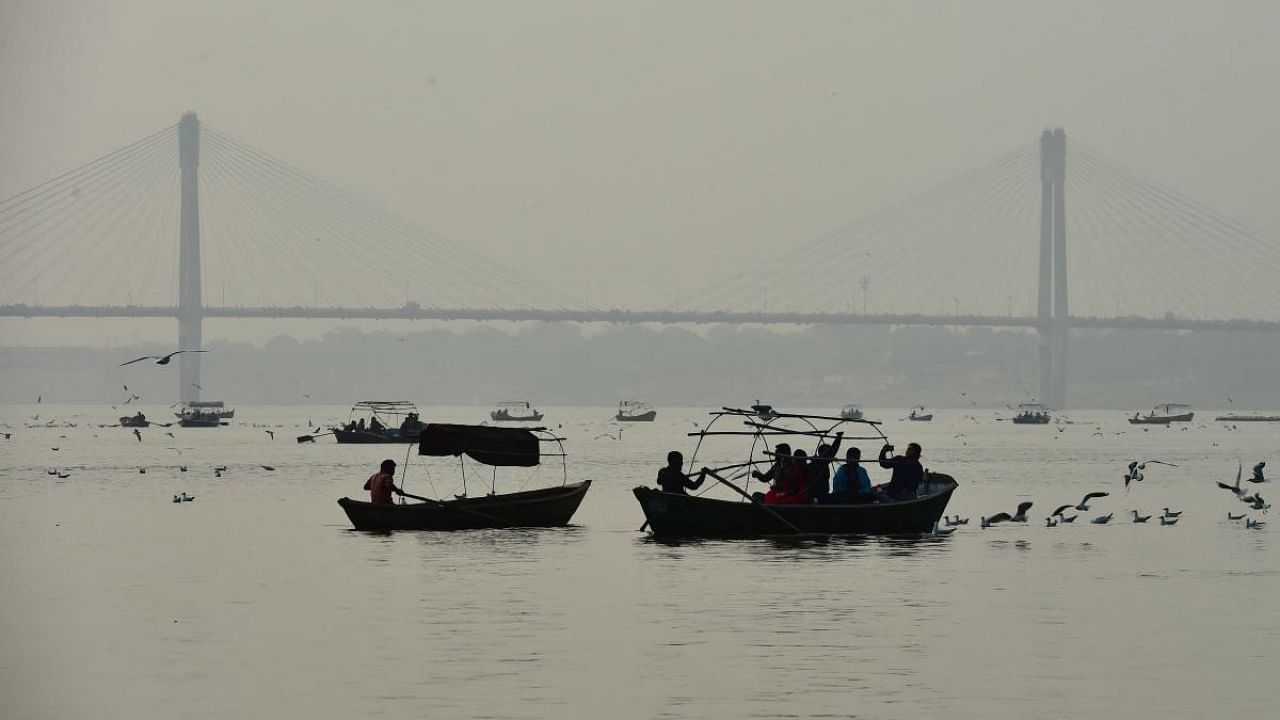
Electoral considerations may have quickened the government’s decision on the Ken-Betwa river-linking project, which is the first major venture of the kind in the country. The Union Cabinet gave its approval for the project last week, six months after the Centre and the state governments of UP and Madhya Pradesh signed an MoU to execute it. The project aims to transfer water from the Ken River in Madhya Pradesh to the water-starved and drought-prone Bundelkhand region in UP. It is expected to irrigate over 10 lakh acres of land, generate 103 MW of hydroelectric power and 27 MW of solar power, and bring drinking water to about 6.2 million people. The project is expected to be completed in eight years and cost Rs 44,605 crore. The electoral appeal of the project will not be missed, as the government is inaugurating or announcing the start of a series of mega projects in UP in the run-up to elections in the state.
Also Read | Centre approves Ken-Betwa rivers linking project
There is no agreement on the idea of river-linking as such, and planners, engineers, environmentalists, conservationists have all expressed different views on it. Studies of merits and demerits and costs and benefits have varied. In the case of specific projects, specific objections and reservations have been expressed and protests have taken place. The Ken-Betwa project has evoked a lot of opposition ever since the project was conceived. A dam is to be built on the Ken River in the Panna reserve forest, and it will submerge over 4,000 acres of the reserve and affect the Ken Ghariyal sanctuary. It is estimated that about 2.3 million trees will perish and a large number of people will be displaced from villages. It is also alleged that many structures which were not part of the MoU were added later without an impact assessment. It has also been pointed out that there are as yet no forest, environment and wildlife clearances for the project.
Every river is a unique ecosystem made of the water it carries, the life forms that it sustains and the trees and plants and even the human lives that it supports. The nature and quality of water is also different. The transfer of water from one river to another and from one place to another may have unexpected consequences because a river is not just the water it carries. There is a paucity of data about rivers as they have not been properly studied. The impact of the transfer of water across basins is still less understood. The apprehensions over such transfers are especially relevant when there are serious concerns about climate change and because the damage done by such projects is likely to be irreversible.
Check out DH's latest videos: